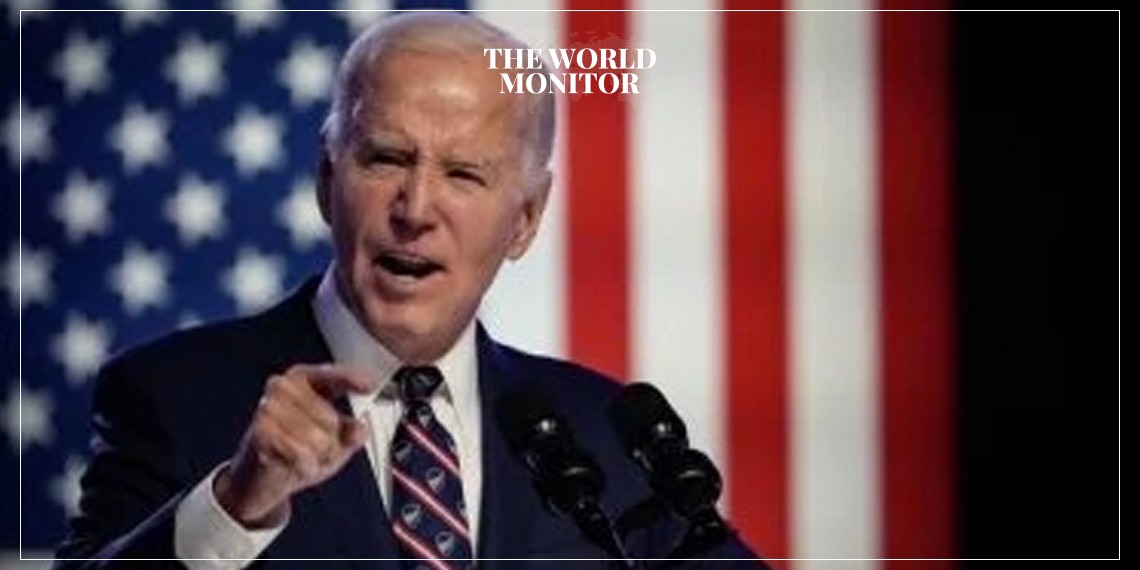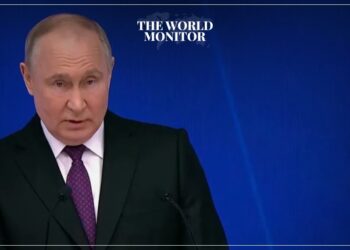US President Joe Biden said that Israel risks losing support from around the world if the rise in the number of Palestinian casualties continues, according to an urgent news ticker on Sky News.
He added that a temporary ceasefire could help towards a two-state solution.
Since the beginning of the recent Gaza war on October 7, the United States has shown significant support for Israel, particularly in the context of United Nations actions and resolutions. The US has utilized its veto power in the UN Security Council to block resolutions calling for an immediate ceasefire, emphasizing instead the need for conditions that would ensure the security and interests of Israel.
The US vetoed a draft resolution that demanded an immediate humanitarian ceasefire, arguing that it could jeopardize ongoing negotiations aimed at securing the release of hostages held by Hamas. This stance has been consistent across multiple instances, with the US vetoing similar resolutions three times since the conflict’s onset. The American position suggests a strategic approach that prioritizes a ceasefire linked to broader security concerns, such as the release of hostages, over an unconditional cessation of hostilities.
Furthermore, the US has proposed an alternative draft resolution that calls for a temporary ceasefire, contingent upon the release of all hostages held in Gaza. This proposal indicates a nuanced stance that seeks to balance humanitarian concerns with geopolitical and security interests. However, this approach has drawn criticism from various countries and has sparked debates about the role and influence of major powers in conflict resolution at the UN.
The US’s actions reflect a complex interplay of diplomatic, security, and humanitarian considerations. By blocking certain resolutions and proposing alternatives, the US is signaling its commitment to Israel’s security while also navigating the delicate dynamics of international diplomacy and conflict resolution.






